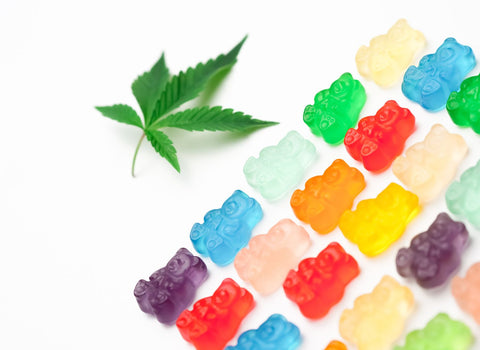
Microdosing cannabis might be the key to clearer thinking without the haze. A 2022 Brazilian study found that THC and CBD improved brain function and reduced brain fog in Alzheimer's disease. Patients treated with a low-dose cannabis extract showed improvements in cognitive tests and reported feeling more alert, less forgetful, and sleeping better.
Feeling sluggish upstairs? Our microdosed edibles are the mental pick-me-up you need. Each bite-sized boost has just enough THC to sharpen your thoughts, minus the fog.
What is brain fog?
Brain fog is a state of cognitive dysfunction characterized by a lack of mental clarity. Many people refer to it as mental haze or fuzzy thinking. This state affects a person’s cognitive performance and makes it challenging to process information, solve problems, or engage in complex tasks. While not a medical diagnosis, brain fog is a common experience that impacts daily functioning and productivity.
Symptoms of brain fog
Brain fog impacts multiple areas of cognitive function. This mental state alters various aspects of thinking and mental processing. People experience different symptoms that affect their overall cognitive performance.
- Difficulty focusing on tasks or conversations
- Trouble recalling information or frequent forgetfulness
- Mental exhaustion, even after rest
- Slowed information processing
- Disorientation or trouble grasping simple concepts
- Struggle to find the right words when speaking
- Unclear or muddled thoughts
- Difficulty solving problems
- Reduced mental agility or quick thinking
- Trouble managing multiple tasks simultaneously
The symptoms may come and go and for some people may not be intense. For others, brain fog can significantly disrupt daily life and make routine tasks feel overwhelming.
What causes brain fog?
Many things can make you feel mentally sluggish.
- Lack of sleep or poor sleep quality
- Chronic stress
- Nutritional deficiencies
- Overconsumption of processed foods
- Hormonal imbalances
- Dehydration
- Food sensitivities or allergies
- Excessive alcohol or drug use
- Chemotherapy or radiation treatment
- Environmental toxins
- Inadequate physical activity
- Medical conditions (e.g., fibromyalgia, chronic fatigue syndrome, autoimmune disorders)
- Viral infections
Does brain fog feel like being high?
Brain fog and being high are different experiences, but some people may notice overlapping sensations. The big difference is that brain fog is usually unwanted and can last for long periods while being high is often sought after and temporary.
With brain fog, your mind feels sluggish and it's hard to concentrate. You might feel disconnected from your surroundings and struggle to remember things or think clearly. You feel like your brain is working in slow motion.
Being high on marijuana or other substances is usually intentional and comes with its own set of effects. You might feel euphoric or relaxed, with your senses heightened. Short-term memory might be affected, but you're also likely to experience altered perceptions that aren't typical of brain fog.
Brain fog can make everyday tasks challenging, whereas being high might not interfere with functionality, especially for regular users. Plus, brain fog stems from health or lifestyle factors, not from substance use.
High cannabis doses can contribute to mental fogginess and impaired cognition, but precisely controlled microdoses offer therapeutic benefits for the brain and cognition without side effects. Microdosed cannabis can actually alleviate brain fog symptoms.
To sharpen your focus and boost your energy without the mental haze, try our Energy gummies. With their precision-crafted blend of 2.5 mg THC and 5 mg CBD, they achieve a clear-headed lift and cognitive clarity without the foggy side effects.
What are the effects of cannabinoids on the brain?
Cannabinoids such as tetrahydrocannabinol (THC) and cannabidiol (CBD) interact with the brain's endocannabinoid system (ECS) to regulate different cognitive functions including memory, mood, and attention.
The endocannabinoid system is a complex cell-signaling network throughout the human body, including the brain. It maintains physiological balance or homeostasis. In the brain, the ECS is involved in regulating:
- Neurotransmitter release
- Synaptic plasticity
- Neuroprotection
- Memory formation
- Pain perception
- Mood
- Sleep patterns
The ECS consists of endocannabinoids (naturally occurring cannabinoids in the body), receptors, and enzymes. CB1 receptors are primarily found in the brain and central nervous system, where they influence cognitive functions and pain perception. CB2 receptors are more prevalent in the peripheral nervous system and immune cells, playing a role in reducing inflammation and regulating immune responses.
Cannabinoids bind to or influence ECS receptors. This interaction modulates neurotransmitter release and synaptic plasticity to improve cognitive clarity and focus. A 2024 study investigates the effects of cannabinoids on post-COVID conditions (PCC). It shows that THC, CBD, cannabigerol (CBG), and other cannabis compounds fight inflammation in the brain, ameliorate cognitive symptoms associated with PCC, clear up brain fog, and sharpen your thinking.
How does THC help with brain fog?
When used in small amounts, THC shows promising potential for clearing brain fog and enhancing cognitive function. Unlike higher doses that can impair thinking, THC microdoses can sharpen mental clarity and improve brain health.
The same 2022 Brazilian study posits that THC attenuates the accumulation of Aβ and neurofibrillary tau, proteins linked to Alzheimer's and cognitive impairment. At low doses, it reduces AD-related aggressiveness and night mood swings, which indirectly supports clearer thinking. THC mitigates Aβ-induced neuroinflammation and oxidative stress, processes that contribute to mental haziness.
The study also points to other beneficial ways THC clears up brain fog:
- It regulates synaptic transmission, which enhances neural communication and information processing in the brain.
- Small amounts of THC promote neuroprotection and slow cognitive decline associated with aging and disease.
- THC activates CB1 and CB2 receptors to influence memory formation, mood regulation, and pain perception.
Looking for a balanced THC product to clear the mental haze? Try Bliss gummies, with a synergistic blend of 5 mg THC and 5 mg CBD to sharpen your focus.
“These are the best, they work so well, taste great, and make me feel so relaxed. Thanks, nama.”
—Alli
Product QUIZ
Need help deciding what product is best for you? Take our quiz, just three questions until your perfect match!
Can CBD clear brain fog?
According to a 2023 study on how CBD treats brain disorders, this potent cannabinoid clears up brain fog by:
- Inhibiting endocannabinoid degradation to maintain healthy levels of the body’s natural cannabinoids.
- Exerting anticonvulsant and anxiolytic effects to improve concentration by reducing stress and anxiety.
- Demonstrating potent neuroprotective properties to safeguard brain cells from damage.
- Reducing inflammation in the brain to hinder cognitive decline and mental cloudiness.
CBD also interacts with the brain's endocannabinoid system to aid the release of neurotransmitters such as dopamine and serotonin. This enhances mood, focus, and cognitive processes such as memory and information processing, which can clear thinking and reduce brain fog.
Another major benefit of CBD is to mitigate THC's potential psychoactive effects by dampening its binding ability to endocannabinoid receptors. This interaction is part of the entourage effect, where multiple cannabis compounds work synergistically to enhance beneficial effects while minimizing unwanted ones.
The entourage effect may contribute to a more balanced cognitive experience and reduce brain fog by combining THC's focus-enhancing properties with CBD's anti-inflammatory and neuroprotective effects.
Reap the benefits of this cannabinoid synergy with our delicious collection of entourage effect gummies.
Can THC induce brain fog?
When taken in high doses, THC can induce brain fog. Most people experience mild side effects when they consume more than 10 mg of THC at once. These include:
- Paranoia
- Short-term memory impairment
- Dry mouth and red eyes
- Dizziness or lightheadedness
- Altered perception of time
- Increased heart rate
- Mental cloudiness
Some heavy users feel foggy with doses of 25 mg or more. But there is a sweet spot where THC produces therapeutic effects without impairment. Amounts between 2 and 10 mg are safe and get rid of mental cloudiness.
If you want to stay clear-headed and enjoy the gentle therapeutic benefits of cannabis, stick to microdosing. Opt for our low-dose THC gummies for everyday wellness.
The best edibles for brain fog
If you’re feeling foggy, nama™'s got your back. We picked the best low-dose edibles to boost cognition and banish mental haze. Here are five of our precisely crafted cannabis products that help you stay sharp:
- Bliss Delta 9 gummies kickstart your brain with a precision-dosed blend of 5 mg THC and 5 mg CBD in each treat. This balanced synergy boosts focus while melting away stress with a slow-release formula to keep you mentally sharp for hours without an intense high.
- Our Relax Plus gummies pack 25 mg CBD and 5 mg THC into each watermelon-flavored piece. These edibles calm your mind without sedation when anxiety clouds your thoughts. If you’re looking for clearer, more relaxed thinking, these delicious gummies tackle complex tasks with a cool head.
- Energy gummies deliver micro-powered productivity boosts with just 2.5 mg THC per piece. Each serving of these gummies increases alertness, motivation, and concentration while allowing you to power through your to-do list with enhanced mental clarity.
- When you need something to sharpen daytime focus and promote restorative sleep at night, look no further than our Sleep Plus gummies. They offer dual-action cognitive support with a microdose of THC (2 mg) and 25 mg of CBD per gummy, providing a 24-hour approach to brain health that helps maintain peak mental performance.
- Last but not least, the star of our THC drinks collection—Buzz Drops™ transform any drink into a cognitive enhancer and mood booster. The customizable dosing lets you fine-tune your mental state, while the equal CBD to THC ratio (2.5 mg of each cannabinoid per full dropper) improves focus and creativity without the fog of intoxication.
Shake up your evening routine with our THC-infused buzztails™. Just add a few drops of our liquid THC mixture to your favorite drinks, and you’ve got a delicious, customized cannabis experience without the fuss.
Learn how to create these delicious mocktails with our ultimate THC drinks recipe collection.
Order our low-dose gummies and drinks
To tackle brain fog, choose the best, safest microdosing options on the market. Unlike questionable products from corner stores or untested brands, nama's edibles are guaranteed to be safe and effective. Each product is formulated to deliver the optimal balance of THC and CBD for improved focus, creativity, and mental clarity without the intense high of higher doses.
Our premium, third-party tested Delta 9 edibles enhance cognitive function and clear mental haze. For something to sip on and enjoy the vibrant flavors of our buzztails, our expertly dosed THC beverages are crafted from high-quality American hemp and provide a reliable and consistent microdosing experience.
Shop at nama and experience the best edibles to get your creative juices flowing.
All our THC edibles are federally legal in the US, so microdose your way to a clearer, sharper mind confidently.
Microdosing cannabis FAQ
Does THC affect cognitive function?
THC can improve cognitive function, but the effects of cannabis and THC are dose-dependent. Higher doses may impair short-term memory and executive functions, while microdosing might enhance focus and creativity.
Individual responses can vary based on the person’s tolerance and brain chemistry. For those with psychiatric disorders, THC's effects may be more pronounced. If you're considering using THC for cognitive enhancement or medical purposes, consult a healthcare provider. They can help determine the perfect dose and monitor for any negative side effects.
Which THC helps with focus?
Delta-9 THC in low doses (1–5 mg) may enhance focus and concentration. This microdosing approach works by interacting with cannabinoid receptors involved in cognitive functions. Strains with a balanced THC:CBD ratio often work best because CBD can mitigate THC's potential negative effects.
Sativa-dominant strains are preferred for focus because of their energizing properties. Users report improved mood and productivity with the right dose. Always start low and go slow to find your perfect dose.
Can THC be neuroprotective?
THC may have neuroprotective properties, particularly in low doses. It might protect brain cells from damage and stimulate adult hippocampus neurogenesis. THC interacts with cannabinoid receptors CB1 and CB2 to reduce brain inflammation and oxidative stress.
Some studies indicate THC helps manage symptoms of neurodegenerative diseases such as Alzheimer's and Parkinson's. The neuroprotective effects appear dose-dependent; while low doses might offer health benefits, high doses could harm brain health. As with any potential treatment option, consult a healthcare provider before using THC for neuroprotective purposes.
Does THC help with dementia anxiety?
THC shows promise in managing dementia-related anxiety. Low doses may reduce agitation and anxiety in dementia patients, potentially improving quality of life. THC's anxiolytic effects work through the endocannabinoid system and serotonin receptors. A THC-CBD combination might be more beneficial with fewer side effects. In elderly patients, there’s a risk of increased confusion or memory impairment.
As with any treatment for psychiatric disorders, consult a healthcare provider before using THC for dementia anxiety. They can help weigh potential benefits against risks and monitor for adverse effects.
What deficiency causes brain fog?
Brain fog can be caused by various nutritional deficiencies. Key deficiencies include:
- Vitamin B12: essential for neurological function.
- Vitamin D: important for brain health and mood regulation.
- Iron: necessary for oxygen transport to the brain.
- Omega-3 fatty acids: crucial for brain cell structure.
- Magnesium: involved in numerous brain functions.
- Zinc: important for neurotransmitter function.
Brain fog can also be a symptom of medical conditions such as thyroid disorders, chronic fatigue syndrome, or inflammatory bowel disease. Stress, lack of sleep, and hormonal imbalances also contribute.
If experiencing persistent brain fog, consult a healthcare provider. They may recommend blood tests to check for deficiencies or underlying conditions.
How does THC affect the ADHD brain?
THC's effects on the brain with attention deficit hyperactivity disorder (ADHD) are complex and vary between individuals. Some report improved focus and reduced hyperactivity, possibly as the result of the effects of THC on increasing dopamine levels, which are often deficient in ADHD. THC interacts with the endocannabinoid system to regulate attention and impulse control.
Higher doses can impair short-term memory and executive functions, already challenged in ADHD. Long-term, heavy use could exacerbate certain ADHD symptoms. Sativa strains or low-dose THC products are often preferred for managing ADHD symptoms. Always consult a healthcare provider before using THC for ADHD, considering potential benefits, risks, and legal aspects.
Is indica or sativa better for focus?
Sativa strains are better for focus than indica. They're associated with increased energy and alertness and may improve concentration. This is because of their terpene profile, often higher in limonene and pinene, both linked to improved cognitive function.
But the indica/sativa distinction is oversimplified. Effects depend on individual body chemistry, dosage, and specific cannabinoid and terpene profiles. For focus, low-dose or microdose THC products, regardless of strain, may be beneficial. Balanced THC:CBD products provide focus benefits without potential anxiety from high-THC sativas.
Resources
Ruver-Martins, A. C., Bicca, M. A., Maia, N. S., Pamplona, F. A., & Nascimento, F. P. (2022). Cannabinoid extract in microdoses ameliorates mnemonic and nonmnemonic Alzheimer’s disease symptoms: A case report. Journal of Medical Case Reports, 16. https://doi.org/10.1186/s13256-022-03457-w
Cárdenas-Rodríguez, N., Ignacio-Mejía, I., Correa-Basurto, J., Carrasco-Vargas, H., Vargas-Hernández, M. A., Albores-Méndez, E. M., Mayen-Quinto, R. D., La Paz-Valente, R. D., & Bandala, C. (2024). Possible Role of Cannabis in the Management of Neuroinflammation in Patients with Post-COVID Condition. International Journal of Molecular Sciences, 25(7). https://doi.org/10.3390/ijms25073805
Yan Yau, G. T., Tai, W., Arnold, J. C., Chan, K., & Lip Kwok, P. C. (2023). Cannabidiol for the Treatment of Brain Disorders: Therapeutic Potential and Routes of Administration. Pharmaceutical Research, 40(5), 1087-1114. https://doi.org/10.1007/s11095-023-03469-1
Further reading
Are THC gummies legal in the US?
Is microdosing cannabis good for depression?
How are low amounts of THC good for glaucoma?
Best cannabis strains for focus and creativity
The benefits of CBD for stress and anxiety
Can cannabis promote neurogenesis?
What is hybrid weed and why is it better than sativa and indica?
nama CBD FDA & legal disclaimer
Our products are not intended to diagnose, treat, cure, or prevent any disease. They are not a replacement for prescription medications and have not been evaluated by the Food and Drug Administration (FDA).
The information provided on this website does not and is not intended to, constitute legal advice or any statements of the status of any laws. Any information, content, and materials available on this site are for general informational purposes only and are not intended to be relied upon for any purpose.
Readers of this website should contact their attorney to obtain advice with respect to any particular legal matter including decisions on what products are, or are not, legal to sell, possess, or consume. No reader, user, or browser of this site should act or refrain from acting on the basis of information on this site without first seeking legal advice from their own counsel in the relevant jurisdiction.
Only your individual attorney can provide assurances that the information contained herein – and your interpretation of it – is applicable or accurate for your particular situation. Use of, and access to, this website or any of the links or resources contained within the site do not create an attorney-client relationship between the reader, user, or browser, and website authors, contributors, contributing law firms, or committee members and their respective employers.
More articles
About
Learn
Join us on this journey

© Copyright 2025 nama Products LLC. All Rights Reserved.
†These statements have not been evaluated by the Food and Drug Administration. These products are not intended to diagnose, treat, cure or prevent any disease. All information presented here is not meant as a substitute for or alternative to information from health care practitioners. Please consult your health care professional about potential interactions or other possible complications before using any product.
††The information provided on this website does not, and is not intended to, constitute legal advice or any statements of the status of any laws. Any information, content, and materials available on this site are for general entertainment purposes only, and are not intended to be relied upon for any purpose.
123 John Doe Street
Your Town, YT 12345
Store Hours
Sun: Closed
Mon-Fri: 9:00 - 17:00
Sat: 10:00 - 13:00
What to expect at pickup
Closed
Closing at 5pm
Closing at 5pm
Closing at 5pm
Closing at 5pm
Closing at 5pm
Closing at 1pm

![Buzz Packs™ [THC and CBD Powder Drink Mix]](http://www.namacbd.com/cdn/shop/files/nama_buzz_packs_thc_drink_pack_white_background.png?v=1741884660&width=480)
![Buzz Packs™ [THC and CBD Powder Drink Mix]](http://www.namacbd.com/cdn/shop/files/Buzz_Packs_Label.png?v=1741884660&width=480)


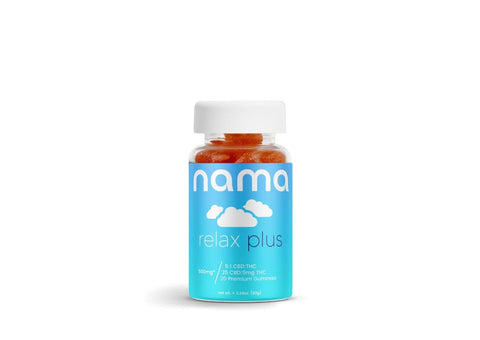
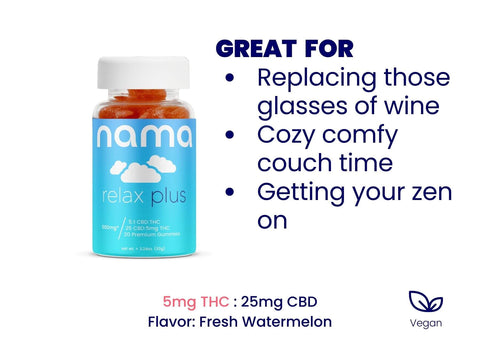
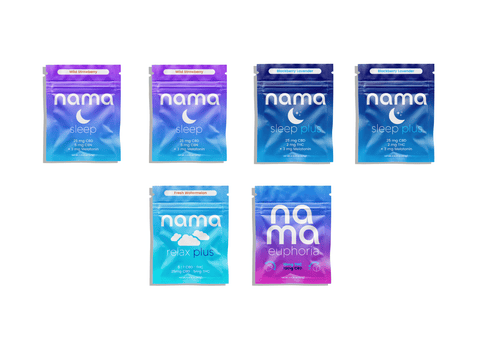
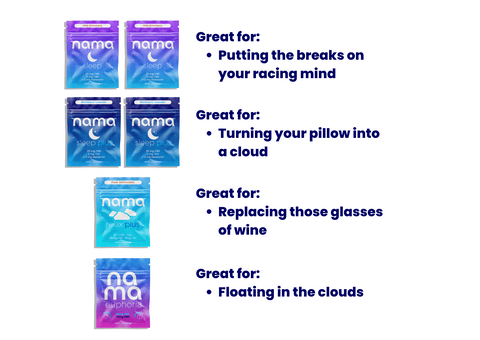
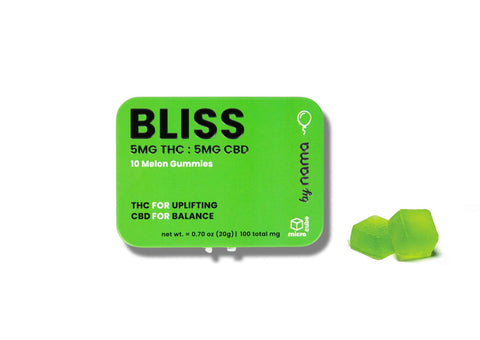
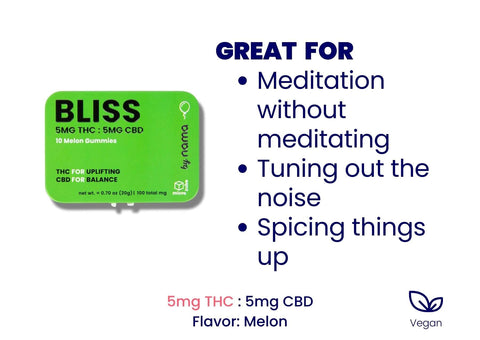
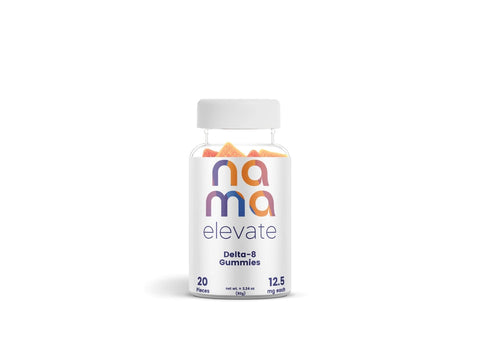
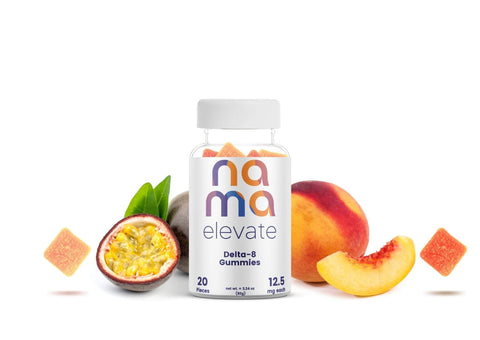
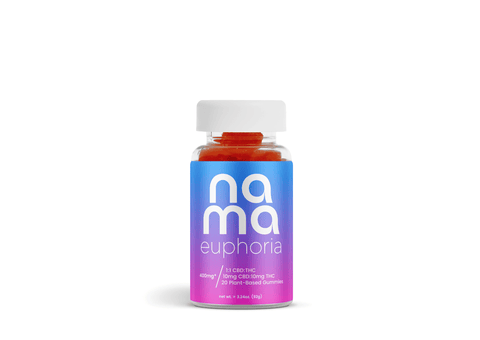
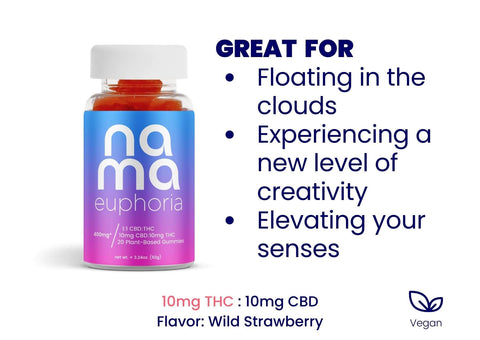
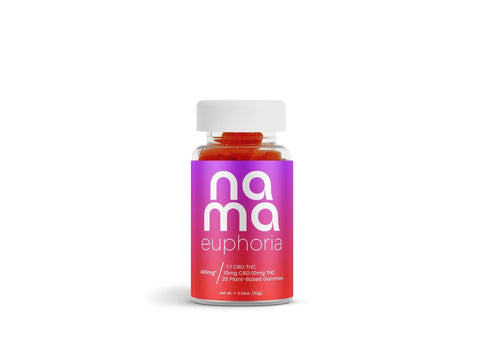
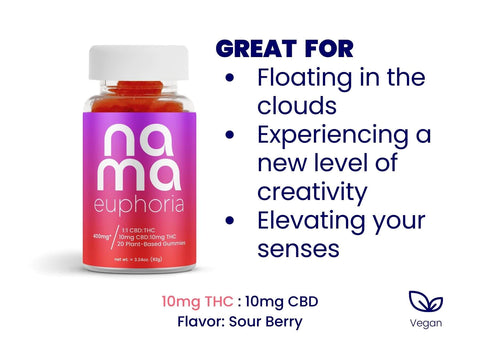









![Buzz Drops™ [THC Drink Drops]](http://www.namacbd.com/cdn/shop/files/nama_thc_buzz_drops.png?v=1711412866&width=480)
![Buzz Drops™ [THC Drink Drops]](http://www.namacbd.com/cdn/shop/files/buzz-drop-wine-comparison.png?v=1736882023&width=480)






Comments (0)
There are no comments for this article. Be the first one to leave a message!